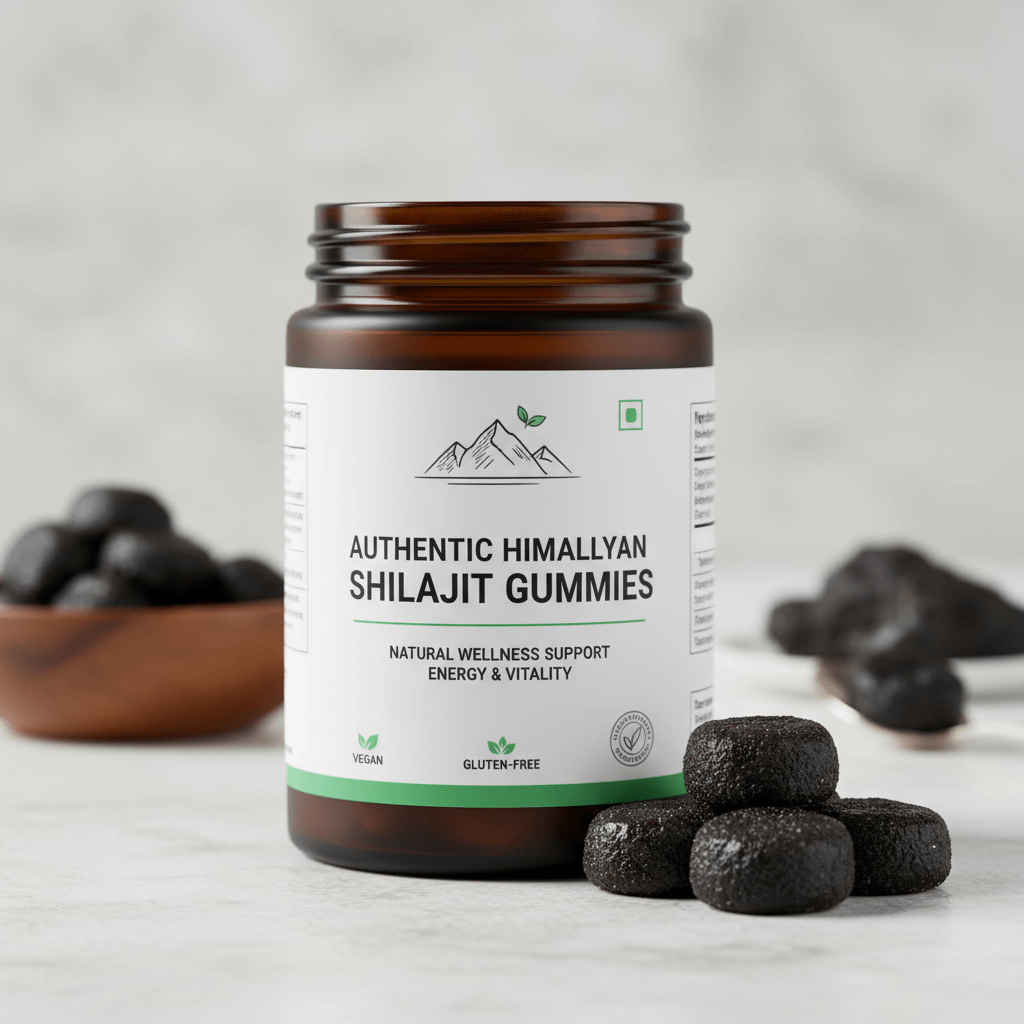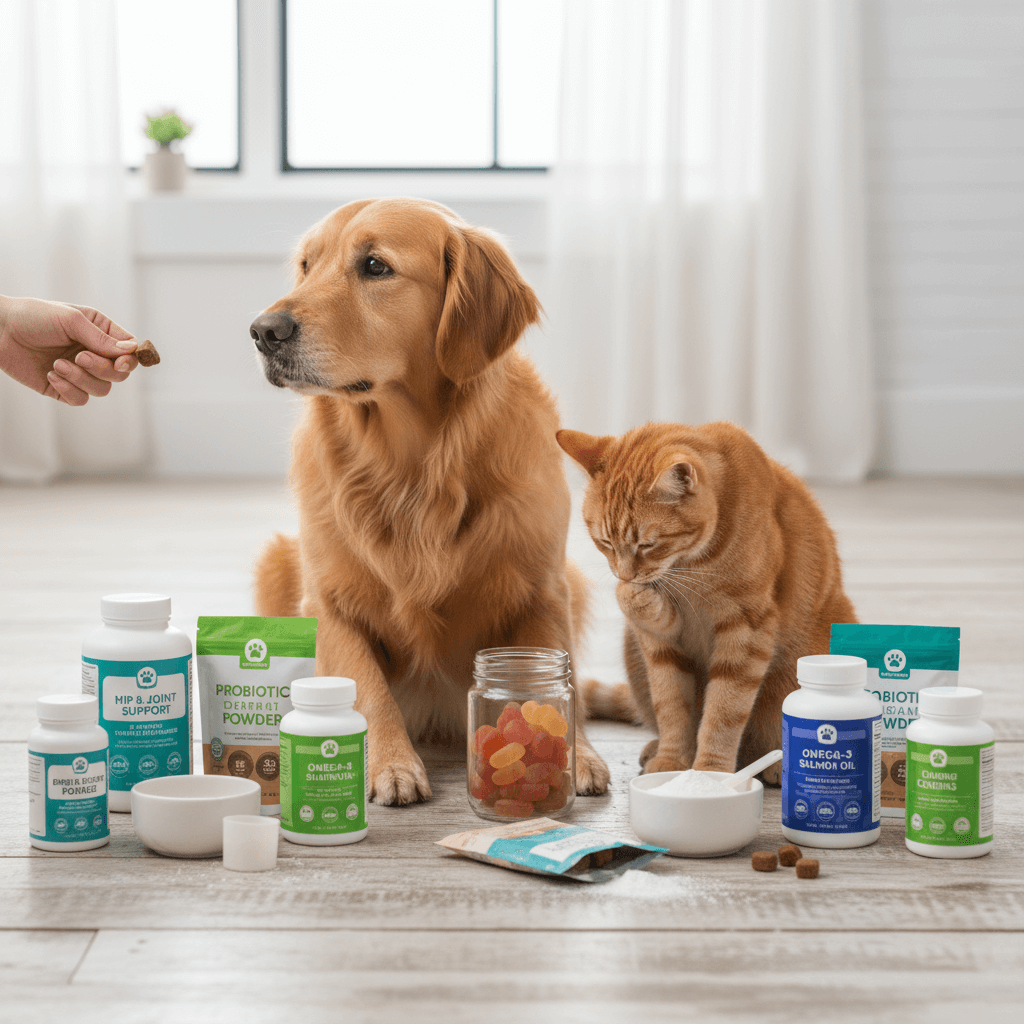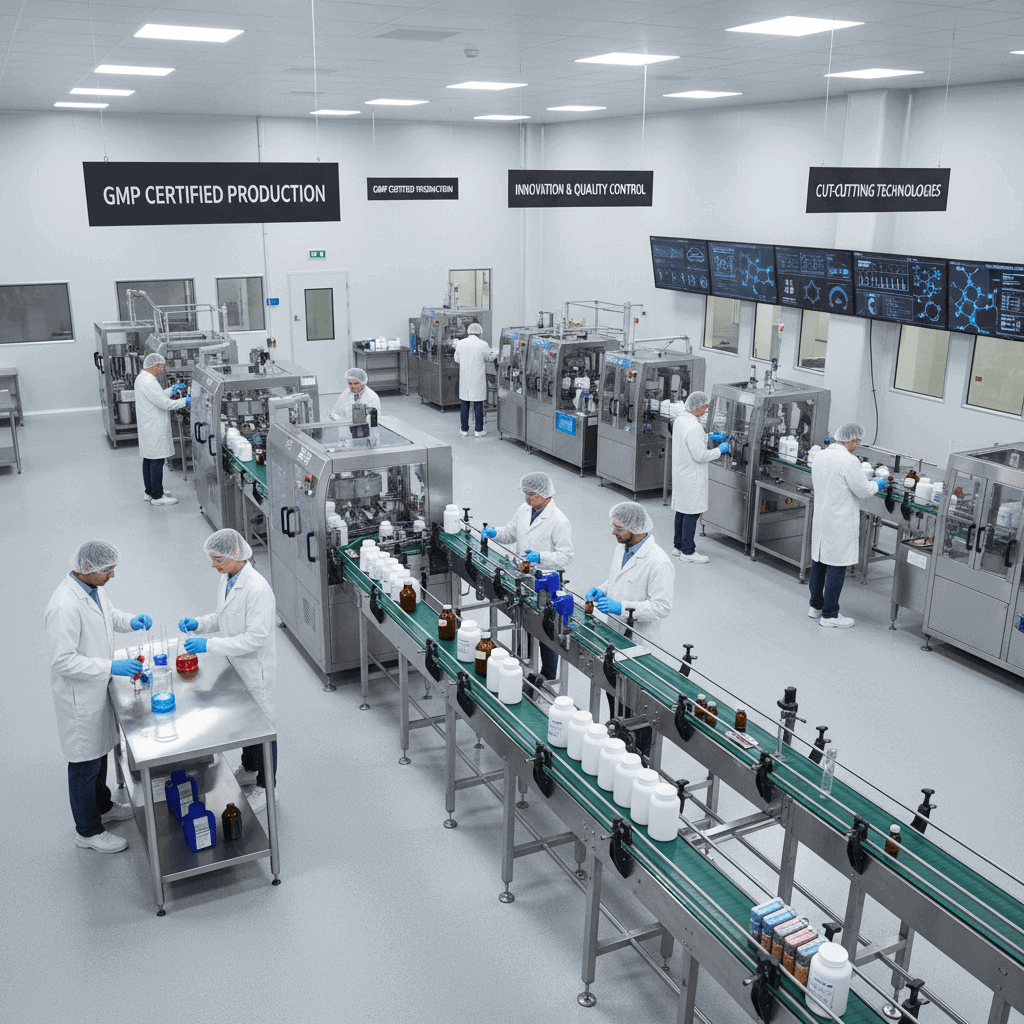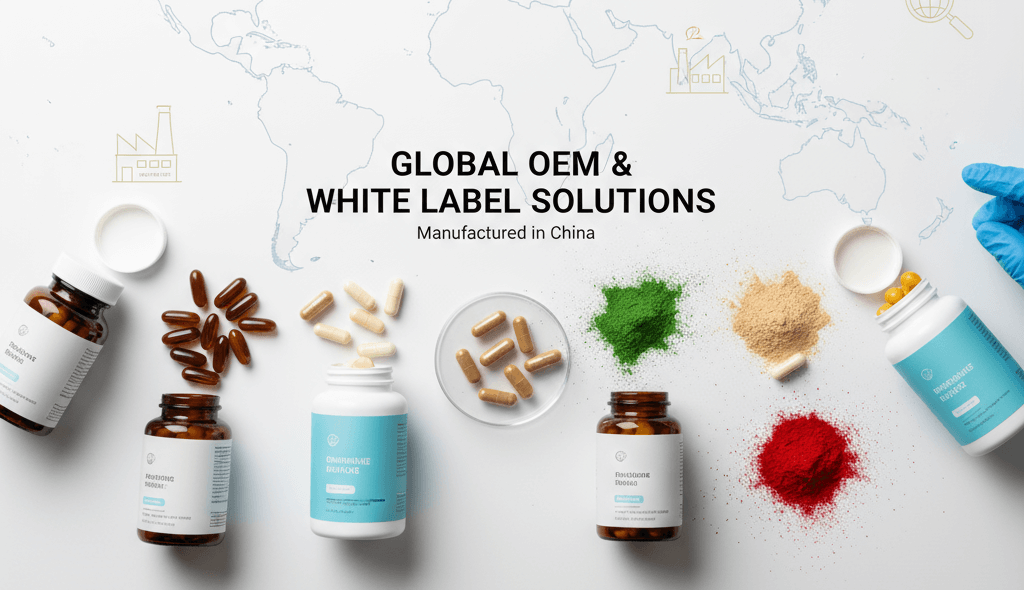Pet Supplement Industry Overview
The global pet supplement industry has seen a sharp increase in demand as pet owners focus more on the health, longevity, and quality of life of their pets. With growing awareness of the importance of proper nutrition, pet supplements are becoming a key part of daily pet care routines. These supplements cover a broad range of categories, including joint health, skin care, digestive support, and overall well-being.
This surge in the pet health market is driven by several factors, such as the rising adoption of pets, particularly among younger generations, and increased consumer spending on pet-related products. Pet owners are more knowledgeable about pet nutrition than ever before, leading to an increase in demand for products that cater to specific health concerns.
Market Segmentation
The pet supplement market can be broadly divided into categories based on the needs of different pet types and their health concerns. The primary segments include:
-
Joint and Bone Health: Supplements targeting pets suffering from arthritis or joint issues, especially older animals or larger breeds prone to joint degeneration.
-
Skin and Coat Health: Products designed to improve skin condition, reduce shedding, or treat allergies, often containing ingredients like omega-3 fatty acids, biotin, and zinc.
-
Digestive Health: Probiotics and enzymes to support the gut microbiome, improve digestion, and boost overall health.
-
Immune System Support: Supplements that enhance immunity, especially for senior pets or those exposed to stress or disease.
The rising trend of pet humanization—the increasing treatment of pets as family members—further drives the demand for premium-quality pet supplements. Pet owners are now more likely to invest in products that not only improve their pets' health but also enhance their quality of life.
The Manufacturing Process of Pet Supplements
The production of pet supplements involves several intricate steps, starting from sourcing raw ingredients to final packaging. These steps require precision, quality control, and compliance with industry regulations to ensure the safety and efficacy of the final product.
Sourcing Raw Ingredients
The first stage in manufacturing pet supplements is sourcing raw materials. Ingredients must be carefully selected based on the health benefits they offer and their suitability for the target pet type. Common ingredients include:
-
Glucosamine: A popular choice for joint support.
-
Omega-3 Fatty Acids: Essential for skin health and anti-inflammatory purposes.
-
Probiotics: Vital for maintaining digestive health.
-
Vitamins and Minerals: Essential for overall health and immunity.
Sourcing these ingredients involves working with trusted suppliers who can guarantee the quality and purity of the raw materials. In addition, manufacturers must ensure that the ingredients are free from contaminants and meet all necessary regulatory standards.
Formulation Development
Once the raw ingredients are sourced, they are carefully blended into a formula. This stage involves formulating products that not only meet the specific health needs of pets but are also safe and palatable. It’s essential to ensure that the nutrients are balanced and that each ingredient is effective at the required dosage. Custom formulations are often created for specific pet needs, such as mobility support or coat health.
Blending and Mixing
After the formulation is finalized, the next step is blending and mixing the ingredients to create a homogeneous product. Pet supplement manufacturers use advanced mixing technologies to ensure uniformity, as any variation in the blend could lead to inconsistent doses of the active ingredients. The goal is to ensure that each serving of the supplement contains the correct amount of active ingredients.
Drying and Processing
To convert the mixture into a stable supplement, manufacturers use drying methods like spray drying or freeze-drying. Spray drying involves turning a liquid mixture into powder by spraying it into a hot chamber, while freeze-drying preserves the active ingredients by freezing the mixture before removing moisture. Both methods help preserve the potency of sensitive ingredients like probiotics and vitamins, ensuring that they remain effective until consumed.
Quality Control and Testing
Quality control is a critical aspect of pet supplement manufacturing. Manufacturers perform rigorous testing at every stage of production to ensure that the products meet safety, quality, and nutritional standards. This includes:
-
Microbiological testing: To ensure that the product is free from harmful bacteria or pathogens.
-
Potency testing: To verify that the active ingredients are present at the correct concentrations.
-
Stability testing: To ensure that the product maintains its potency over time and under various storage conditions.
Custom Formulation and Pet-Specific Needs
Pet supplements often require specialized formulations to address the unique health needs of different animals. Custom formulation is essential to cater to the specific dietary requirements based on species, breed, age, and health condition. Unlike human supplements, pets require personalized care, especially when it comes to breed-specific or condition-specific needs.
Tailored Solutions for Different Pets
Pets have different nutritional needs, and manufacturers often provide custom formulations to meet these needs. For example, joint support supplements for larger dog breeds differ from those formulated for smaller dogs or cats. Likewise, supplements for older pets may contain ingredients such as glucosamine and chondroitin for joint health, while younger pets may benefit from vitamins and minerals to support their growing bodies.
Age, Weight, and Breed-Specific Formulas
Manufacturers also develop formulas based on the age and weight of the pet. Senior pets often require supplements that target aging-related issues such as joint pain, cognitive function, and immune support. Conversely, active pets or working dogs may require products that focus on energy levels, endurance, and muscle recovery. Pet-specific formulas address breed-related health issues such as hip dysplasia in large breeds, heart disease in smaller breeds, or skin allergies in certain types of dogs and cats.
Natural and Organic Ingredients
As pet owners become more conscious of the products they use for their pets, many pet supplement manufacturers have shifted to using natural and organic ingredients. These ingredients are not only safer for pets but also cater to growing consumer demand for products free from artificial additives, preservatives, and fillers. Organic herbs, plant-based proteins, and natural flavorings are increasingly incorporated into pet supplements to enhance their nutritional value while maintaining safety.
Regulatory Compliance and Safety Standards
The safety and efficacy of pet supplements are paramount, and manufacturers must comply with a range of regulatory requirements to ensure that their products are safe for pets. Various regulatory bodies monitor pet supplement production, with the FDA in the United States overseeing the production of pet foods and supplements, while EFSA (European Food Safety Authority) regulates pet products within the European Union.
Good Manufacturing Practices (GMP)
One of the primary standards for pet supplement manufacturers is adherence to Good Manufacturing Practices (GMP). GMP guidelines are designed to ensure that products are consistently produced and controlled according to quality standards. These standards cover everything from ingredient sourcing to final packaging, ensuring the safety, purity, and quality of pet supplements.
Manufacturers must have systems in place to maintain clean and sanitized production environments, manage ingredients safely, and conduct thorough testing of raw materials and finished products. GMP-compliant facilities are equipped with state-of-the-art equipment and follow strict protocols for quality control throughout the production process.
Regulatory Oversight
Pet supplement manufacturers must also comply with local, national, and international regulations to ensure their products meet safety standards. For example, in the U.S., the FDA regulates pet supplements under the Federal Food, Drug, and Cosmetic Act. This includes ensuring that products do not contain harmful substances and are accurately labeled with ingredients, nutritional content, and health claims.
Labeling and Claims
Proper labeling is a vital component of regulatory compliance. Inaccurate or misleading claims can result in regulatory action, product recalls, or damage to brand reputation. For example, if a product claims to "cure" joint pain but lacks scientific backing, it could face scrutiny from regulatory bodies. Manufacturers must ensure that the health claims made on labels are substantiated by scientific evidence to maintain consumer trust and meet regulatory requirements.
Trends and Innovations in Pet Supplement Manufacturing
With the increasing demand for pet supplements, manufacturers are adopting new technologies and practices to stay ahead of the competition. These innovations aim to enhance product quality, improve efficacy, and provide convenience to pet owners.
New Delivery Systems
The delivery system plays a significant role in how easily pets consume supplements. Manufacturers are increasingly developing products in formats that are easier to administer and more appealing to pets. Soft chews, chewable tablets, and liquid supplements are becoming popular because they are easier to ingest compared to traditional pills or capsules. These formats also help mask the often unpleasant taste of certain ingredients, such as fish oil or glucosamine.
Functional Treats and Chews
Many pet supplement brands have introduced functional treats and chews as an alternative to traditional pill-based supplements. These treats are formulated to address specific health issues like joint pain, digestive health, or coat condition, and are designed to appeal to pets with flavor and texture that they enjoy.
Probiotic and Digestive Health Innovations
Digestive health is a major focus in pet supplement manufacturing. Probiotic supplements have gained popularity due to their proven benefits in maintaining gut health and improving digestion. With more emphasis on gut microbiomes, manufacturers are continuously improving their formulations by incorporating innovative probiotic strains that are more stable and effective.
New research in the field of microbiome health has led to the development of products that not only aid digestion but also support overall immune function. Advances in prebiotic technology, which helps feed beneficial gut bacteria, are becoming a standard part of digestive health formulations.
Nanotechnology in Pet Supplements
Nanotechnology is making waves in the pet supplement industry by enhancing the bioavailability of nutrients. Through the use of nanoencapsulation, pet supplements can deliver nutrients more efficiently by allowing them to pass through cell membranes more easily. This technology is particularly useful for fat-soluble nutrients and those that are poorly absorbed in traditional forms.
The application of nanotechnology in pet supplements allows for faster absorption, more precise targeting of health issues, and better overall results for pets in need of supplements.
Packaging and Branding for Pet Supplements
Packaging not only serves the purpose of protecting the product but also plays a key role in branding and consumer engagement. For pet supplements, packaging must be functional, attractive, and align with the values of modern pet owners, who are often conscious of environmental sustainability.
Eco-Friendly Packaging
As consumers become more environmentally conscious, there is a growing demand for eco-friendly packaging. Pet supplement manufacturers are increasingly adopting recyclable, biodegradable, and compostable packaging options. Materials such as recyclable plastics, glass jars, and paper-based materials are becoming more common in the industry. Additionally, the use of minimalistic designs that reduce packaging waste is gaining popularity.
The shift towards eco-friendly packaging is driven by both consumer preference and regulatory pressures aimed at reducing plastic waste and carbon footprints. By choosing sustainable materials, manufacturers not only cater to consumer demand but also improve their overall environmental impact.
User-Friendly and Safe Packaging
Pet supplement packaging must also prioritize user convenience. For instance, resealable pouches, screw-top containers, and single-dose packets are all designed to make it easy for pet owners to administer the correct dosage. Given that many pets are picky eaters, packaging must ensure that the product remains fresh and potent until the last dose is consumed.
In addition, packaging must ensure the safety of the product, especially when dealing with supplements that contain live probiotics or delicate nutrients that require protection from light and air. Well-designed packaging that keeps the product safe from contamination while maintaining freshness is essential for pet supplement manufacturers.
Appealing to Pet Owners
Effective branding is crucial for standing out in a competitive market. Packaging designs that feature pet-friendly visuals, easy-to-read labels, and clear instructions can help build brand loyalty. Modern pet owners often want to feel connected to the brand, and a thoughtfully designed package can communicate the brand's values, whether it's about sustainability, natural ingredients, or scientific-backed formulations.
For example, labels that highlight certifications such as GMP, organic ingredients, or non-GMO certifications are likely to attract health-conscious pet owners. Packaging that communicates these key features in an easy-to-understand way can increase consumer confidence and sales.
The Future of Pet Supplement Manufacturing
As the pet supplement industry continues to expand, manufacturers will face new challenges and opportunities driven by evolving consumer preferences, technological advancements, and regulatory changes.
Personalization and Precision
The future of pet supplement manufacturing lies in increasing personalization. Just as human health care is moving toward precision medicine, pet care is expected to follow suit. Advanced genetic testing, health data tracking, and smart pet devices could allow for the development of personalized supplement regimens for pets. By analyzing a pet's DNA, lifestyle, and specific health markers, manufacturers may be able to create supplements that are uniquely tailored to each pet's needs, improving the overall effectiveness of the product.
Technology and Smart Supplements
The integration of smart technologies into pet supplements is another emerging trend. Some manufacturers are exploring ways to incorporate sensor-based technology that can monitor a pet’s health in real time, transmitting data to pet owners or veterinarians. For example, smart collars or wearable devices that track activity levels, sleep patterns, or heart rate could be integrated with pet supplements to ensure that pets receive the right dosage of supplements based on their actual health metrics.
Moreover, the development of biohacked supplements—that is, supplements enhanced with technology to improve absorption or effectiveness—will likely continue to grow. These products could offer higher potency and more rapid results, leveraging advancements like nanotechnology and smart delivery systems.
Sustainability and Ethical Sourcing
As sustainability becomes an increasingly important factor in the pet industry, manufacturers are expected to focus on ethical sourcing of ingredients and sustainable manufacturing practices. This could include sourcing organic, non-GMO ingredients, ensuring fair labor practices in the supply chain, and reducing the environmental impact of production and packaging. Companies that embrace these principles will likely attract the growing number of consumers who are prioritizing eco-conscious products for their pets.
Global Expansion and Regulation
With the global pet supplement market expanding, manufacturers must also navigate the complex regulatory environment in different countries. Compliance with international standards, such as those set by EFSA in the European Union or the FDA in the U.S., will continue to be essential for global expansion. Companies that are able to meet diverse regulatory requirements while maintaining the quality and safety of their products will be positioned for success in international markets.
Conclusion
Pet supplement manufacturing is an industry that blends science, innovation, and care, ensuring pets receive the best possible nutrition for their health needs. As more pet owners seek customized, effective, and natural solutions to improve their pets' well-being, the demand for high-quality pet supplements will only increase. Manufacturers must continue to innovate by embracing new technologies, adhering to regulatory standards, and focusing on sustainability to meet the evolving needs of the pet care market.
By understanding the unique health needs of pets and staying ahead of trends, manufacturers can play a crucial role in improving the health and quality of life for pets around the world. As the pet supplement industry continues to grow, the opportunities for growth, innovation, and customer satisfaction are boundless.






